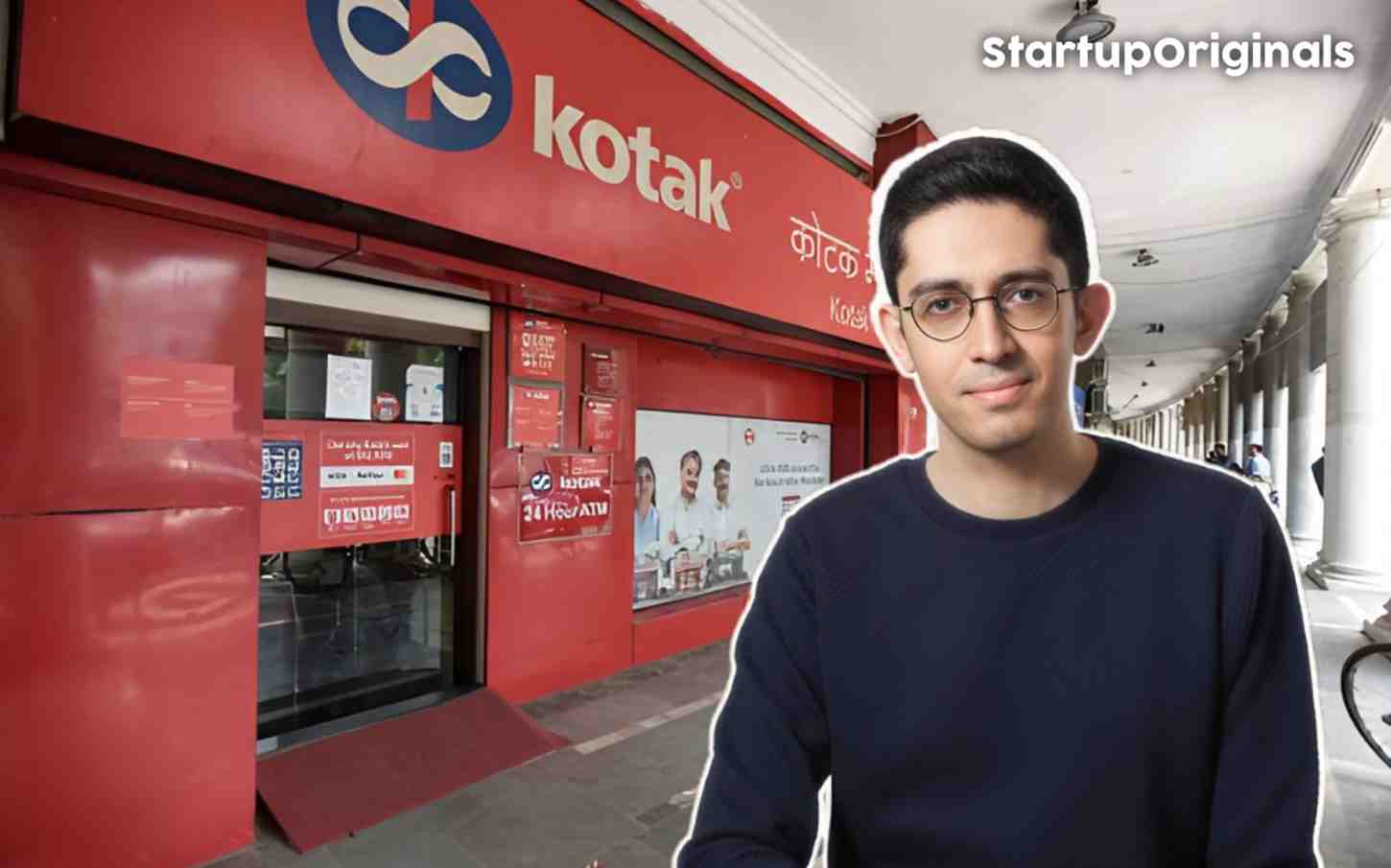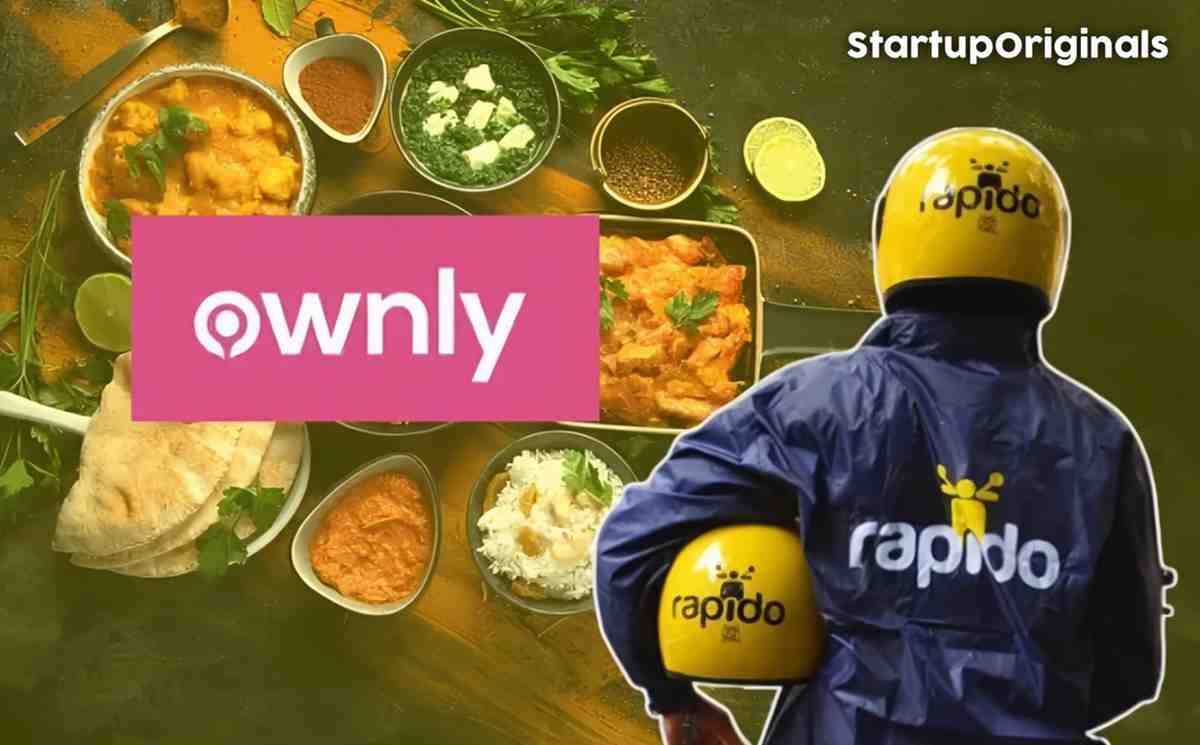
ICICI Bank’s recent decision to steeply increase the minimum average balance (MAB) for new savings accounts to ₹50,000 in urban areas has ignited widespread criticism and a national conversation about financial inclusion. Jay Kotak, Co-Head at Kotak811, publicly slammed the policy, pointing out that it could exclude the vast majority of Indians from mainstream banking, given the stark realities of income levels in the country.
The New Minimum Balance Rules: What’s Changed?
Effective August 1, 2025, ICICI Bank implemented the following updated requirements for savings accounts opened in different regions:
- Urban & Metro Branches: Minimum Average Balance raised from ₹10,000 to ₹50,000.
- Semi-Urban Branches: Increased from ₹5,000 to ₹25,000.
- Rural Branches: Doubled from ₹2,500 to ₹10,000.
Older customers retain previous thresholds-₹10,000 for urban customers, ₹5,000 for semi-urban and rural. If the minimum isn’t maintained, customers are charged 6% of the shortfall or ₹500, whichever is lower. The policy also limits cash transactions and sets fees for exceeding complimentary deposits.
Why Critics Say the Rule Hurts Financial Inclusion
Jay Kotak and other industry experts argue that the new rule is out of touch with India’s income landscape:
- Income Data: According to the World Inequality Database (2021) and government estimates, 90% of Indians earn less than ₹25,000 a month. For most families, tying up almost two months’ salary just to avoid penalties is impractical and discourages banking participation.
- Public Reaction: Social media erupted with frustration, labeling the move “elitist” and “regressive.” Users pointed out it penalizes those who can least afford it, and even the urban middle class may struggle due to monthly expenses, EMIs, and commitments.
- Expert Comment: As Jay Kotak said, “A ₹50,000 minimum balance implies a sum equal to 94% of Indians’ monthly income is to be left with the bank at all times, else a fee!” He also emphasized the need for banks to go digital-first to reduce serving costs and expand financial access—“If banks don’t do it, fintechs will. Banking should be for all Indians”.
The Rationale Behind ICICI’s Move
ICICI Bank claims the change applies only to new accounts, aiming to attract and serve premium customers. The need to maintain higher balances is justified by the higher physical cost of branch banking. However, critics argue that digital-first banks and fintechs could serve low–middle-income segments better with lower costs, and suggest that existing zero-balance account options should be promoted for broader inclusion.
Penalties, Exemptions, and Comparisons
- Penalties: Failure to meet the minimum balance incurs a penalty of 6% of the shortfall or ₹500, whichever is lower.
- Exemption for Existing Customers: The revised MAB does not affect existing customers unless specifically communicated.
- Salary Accounts and Basics: Salary accounts and Basic Savings Bank Deposit Accounts still offer zero minimum balance options.
- Comparison with Other Banks: India’s largest public bank, SBI, has fully scrapped minimum balance requirements for most accounts, making ICICI’s rule one of the strictest in the sector.
RBI’s Stand: Who Sets the Rules?
When questioned, the Reserve Bank of India (RBI) clarified that minimum balance norms are entirely up to individual banks. The regulators do not intervene in setting these thresholds, but encourage banks to offer basic, zero-balance accounts for financial inclusion.
Conclusion: Banking Must Be Inclusive-The Road Ahead
ICICI Bank’s steep minimum balance rule may unintentionally push ordinary Indians away from formal banking, stirring heated debate about accessibility, inclusion, and technological innovation in the sector. As fintechs and digital-first platforms grow, pressure mounts on traditional banks to revisit their policies and ensure banking is truly for all. The coming months could decide whether these rules remain a barrier or become a catalyst for broader access to financial services across India.




